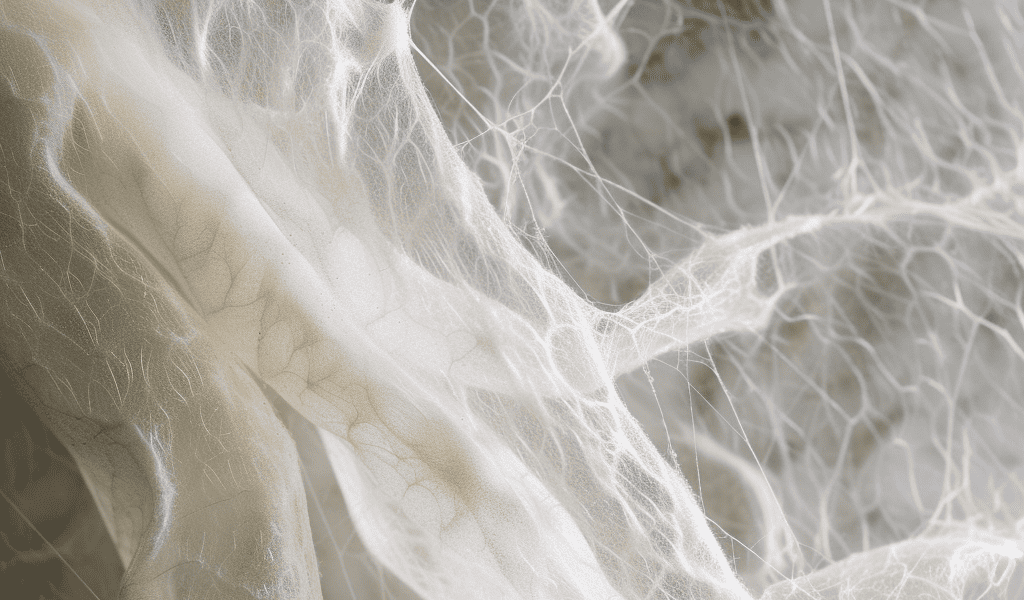Researchers at Rensselaer Polytechnic Institute have made a groundbreaking discovery by engineering a strain of bacteria capable of converting plastic waste into biodegradable spider silk with a wide range of applications. This innovative study, recently published in Microbial Cell Factories, represents the first instance of utilizing bacteria to transform polyethylene plastic, commonly found in single-use items, into a high-value protein product resembling the silk utilized by spiders to construct webs.
The resulting product, referred to as ‘bio-inspired spider silk’ by the researchers, shares similarities with natural spider silk in terms of its properties and can be utilized in textiles, cosmetics, and even medicine. Dr. Helen Zha, an assistant professor of chemical and biological engineering at RPI and one of the leaders of the project, emphasized the remarkable attributes of spider silk, describing it as nature’s equivalent of Kevlar due to its exceptional strength and lightweight nature. Additionally, she highlighted its stretchiness, non-toxicity, and biodegradability, positioning it as an ideal material in a future focused on renewable resources and the reduction of persistent plastic pollution.
Polyethylene plastic, commonly present in items such as plastic bags, water bottles, and food packaging, significantly contributes to global plastic pollution and can take over 1,000 years to naturally degrade. With only a small portion of polyethylene plastic being recycled, the bacteria engineered in this study offer the potential to ‘upcycle’ a portion of the remaining waste. The bacteria utilized, Pseudomonas aeruginosa, naturally consumes polyethylene as a food source. The RPI team addressed the challenge of modifying this bacteria to convert the carbon atoms of polyethylene into a genetically encoded silk protein. Surprisingly, the newly developed bacteria exhibited the capacity to produce the silk protein at a yield comparable to certain conventional bacteria strains commonly utilized in biomanufacturing processes.
The biological process underpinning this innovation has historical roots, as the concept of fermentation, employed by the bacteria to break down the plastic, has been utilized by humans for centuries in the production and preservation of various foods and in biochemical industries for the manufacturing of antibiotics, amino acids, and organic acids.
This pioneering research holds immense promise in addressing the global plastic pollution crisis and establishing sustainable solutions for the future. By harnessing the capabilities of bacteria to convert plastic waste into a valuable and environmentally friendly material, the study at Rensselaer Polytechnic Institute represents a significant step towards a more sustainable and eco-friendly future.





